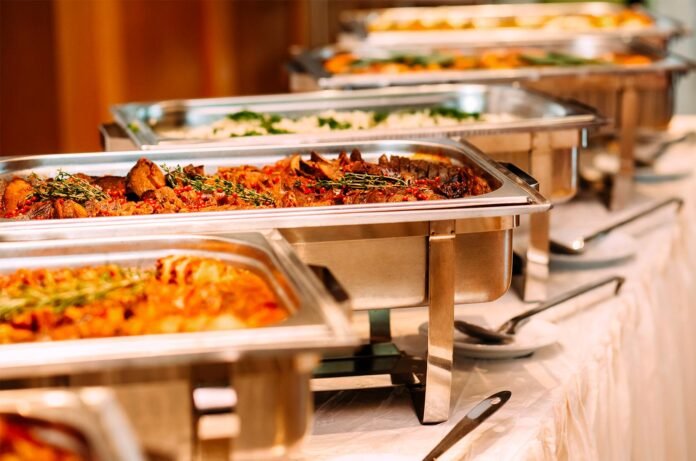When planning an event, one of the most crucial considerations for hosts is ensuring that every guest’s dietary needs and preferences are taken into account. In the diverse landscape of dietary choices, catering services play a pivotal role in creating inclusive and enjoyable dining experiences for all attendees. This article delves into the significance of providing diverse dietary options in catering services and how it contributes to catering to every guest’s unique requirements.
Understanding Dietary Diversity
As our understanding of nutrition and dietary preferences continues to evolve, the importance of offering diverse options in catering services becomes increasingly apparent. Guests may follow various dietary lifestyles, including vegetarianism, veganism, gluten-free, paleo, or have specific allergies. Recognizing and accommodating these differences is essential for fostering a positive and inclusive atmosphere at events.
The Role of Catering Services in Dietary Inclusivity
Catering services serve as the culinary architects of an event, responsible for translating hosts’ visions into delightful dining experiences. To ensure every guest feels catered to, consider the following key aspects:
- Menu Customization: Collaborate with food catering services to create menus that accommodate a range of dietary preferences. A well-designed menu should include diverse options, making it easier for guests to find dishes that align with their dietary needs.
- Clear Labeling: Properly labeling dishes with key dietary information is crucial. Clearly indicating whether a dish is vegetarian, vegan, gluten-free, or contains common allergens helps guests make informed choices, minimizing the risk of accidental consumption of restricted ingredients.
- Allergy Awareness: Catering services should be well-versed in allergy management and prevention. Communication between hosts and caterers about specific allergens is vital to ensure that precautions are taken during food preparation and serving.
Benefits of Dietary Diversity in Catering Services
1. Guest Satisfaction:
Providing a variety of dietary options ensures that all guests feel valued and included. When attendees can enjoy a meal without worry, it contributes to overall satisfaction with the event.
2. Enhanced Reputation:
Hosts and catering services that prioritize dietary inclusivity build a positive reputation. Word-of-mouth recommendations often highlight the attention given to diverse dietary needs, attracting future clients who appreciate the commitment to guest well-being.
3. Meeting Health and Lifestyle Choices:
In an era where individuals are increasingly conscious of their health and lifestyle choices, catering services that offer diverse menu options align with current trends. This inclusivity reflects an understanding of guests’ varied needs and preferences.
4. Avoiding Unpleasant Incidents:
Accidental consumption of allergens or incompatible ingredients can lead to uncomfortable situations or, in severe cases, health issues. Catering services that prioritize dietary awareness significantly reduce the likelihood of such incidents.
Communicating Dietary Options Effectively
1. Guest Surveys:
Before the event, consider sending out surveys to guests to gather information about their dietary preferences and restrictions. Sharing this data with catering services in advance enables better preparation and accommodation.
2. Open Communication:
Foster open communication between hosts and catering services. Clearly convey the importance of dietary inclusivity and discuss specific requirements to ensure a seamless collaboration.
3. Staff Training:
Ensure that catering staff are trained to handle dietary inquiries and are knowledgeable about the ingredients used in each dish. This proactive approach contributes to a smoother dining experience for guests.
In conclusion, recognizing the importance of dietary options in catering services is fundamental to hosting inclusive and successful events. Catering to every guest’s unique dietary needs not only contributes to guest satisfaction but also enhances the overall reputation of the event and the catering services involved. By embracing diversity in food catering, hosts can create an environment where every attendee feels valued and well-catered to, leaving a lasting positive impression on all those in attendance.













